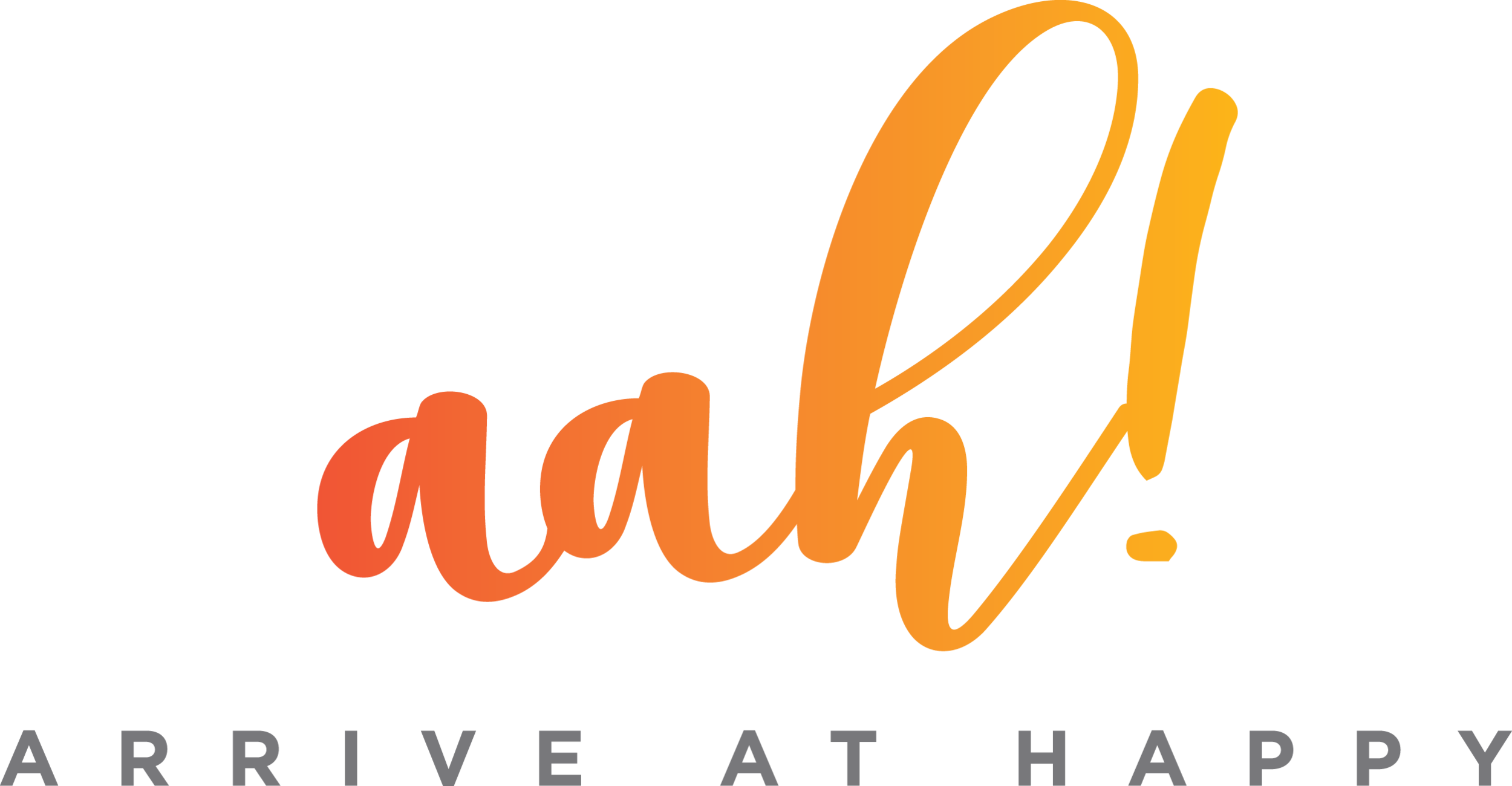Plan 2024 Like a Happiness Expert and Increase Results
Have you started your strategic planning for 2024? Like most organizations, people are well immersed into goals for the new year. But, have you considered when it comes to planning for a happy and successful year, people should be at the forefront of the conversation?
Employee engagement is about more than just clocking in and out each day. It’s about actively involving employees in the success of the business and making them feel valued and appreciated for their contributions. When employees are engaged, they are more likely to go above and beyond in their work, communicate effectively with their colleagues, and take ownership of their responsibilities.
One way to increase employee engagement is to create a culture of recognition and appreciation. This can involve acknowledging and rewarding employees for their hard work, celebrating milestones and achievements, and providing opportunities for personal and professional development. By prioritizing employee engagement in the planning process, businesses can foster a sense of community and investment in the success of the company.
Involving employees in the planning process can be a powerful way to prioritize overall well-being and engagement. By soliciting feedback, sharing company goals and objectives, and involving employees in decision-making processes, businesses can empower their workforce and create a sense of ownership and investment in the company’s success.
This can involve conducting surveys or focus groups to gather information and feedback, holding brainstorming sessions to generate new ideas and insights, and providing opportunities for collaboration and teamwork. By involving employees in the planning process, businesses can ensure that their values and priorities are aligned, and that everyone is working towards a common goal.
In addition to prioritizing people, purpose is a crucial ingredient for planning a happy and successful year. In this section, we’ll explore why aligning with a meaningful purpose is important, how to establish a shared vision, and how to set SMART goals that support that purpose.
When businesses have a clear and meaningful purpose, their employees are more likely to feel connected to their work and motivated to achieve their goals. This can involve defining a mission statement that articulates the company’s values and goals, and outlining a set of core beliefs that guide decision-making and behavior.
In addition to aligning with a meaningful purpose, businesses should establish a shared vision that all employees can work towards. This can involve collaborating with employees to identify shared objectives, outlining a strategic plan that supports the company’s mission and goals, and setting expectations for performance and behavior.
When employees have a clear understanding of what the company is working towards and how their role contributes to that vision, they are more likely to feel invested in their work and motivated to achieve their goals. By establishing a shared vision, businesses can create a sense of purpose and direction that unites and inspires their workforce.
While prioritizing people and purpose is important for a happy and successful year, balancing these priorities with profits can be a challenge.
Prioritizing people and purpose can have a significant impact on a business’s profitability and success. Happy and engaged employees are more productive, loyal, and dedicated to their work, which can lead to increased profits and growth. Furthermore, businesses that align with a greater purpose and mission are more likely to attract loyal customers and establish a strong brand reputation.
By prioritizing people and purpose, businesses can create a culture of happiness and success that sets them up for long-term growth and profitability. Furthermore, by focusing on values that align with the greater good, businesses can create a positive impact on the world and contribute to a greater cause.
As we approach a new year, it’s important for businesses to prioritize the well-being and happiness of their employees, align with a meaningful purpose, and balance profitability with values and goals. By focusing on people, purpose, and profit, businesses can create a culture of happiness and success that sets them up for long-term growth and fulfillment. Don’t hesitate to Contact me should you have any questions on prioritizing your leadership and team well-being for 2024.
Tia Graham is an international speaker, best-selling author, and consultant on positive psychology and engagement. She has worked with dozens of global companies, such as Marriott Hotels, Hewlett Packard, and Kashi Foods, to elevate employee engagement and drive bottom-line results. Prior to founding her company, Arrive at Happy, she led teams at luxury hotels in the United States and Europe for brands such as W Hotels, Westin, and The London.
With multiple certifications in neuroscience, positive psychology, and employee retention, and over 14 years of leadership experience, Tia is widely regarded by business leaders in her field. Her insights have been featured in major media, such as CNN, Forbes, and Fast Company, to name a few. Her new book, Be a Happy Leader, teaches her proprietary 8-step methodology on driving productivity and business growth through a culture of happiness.
